Home>Ideas and Tips>How To Grow Your Own Herb Garden Year-Round
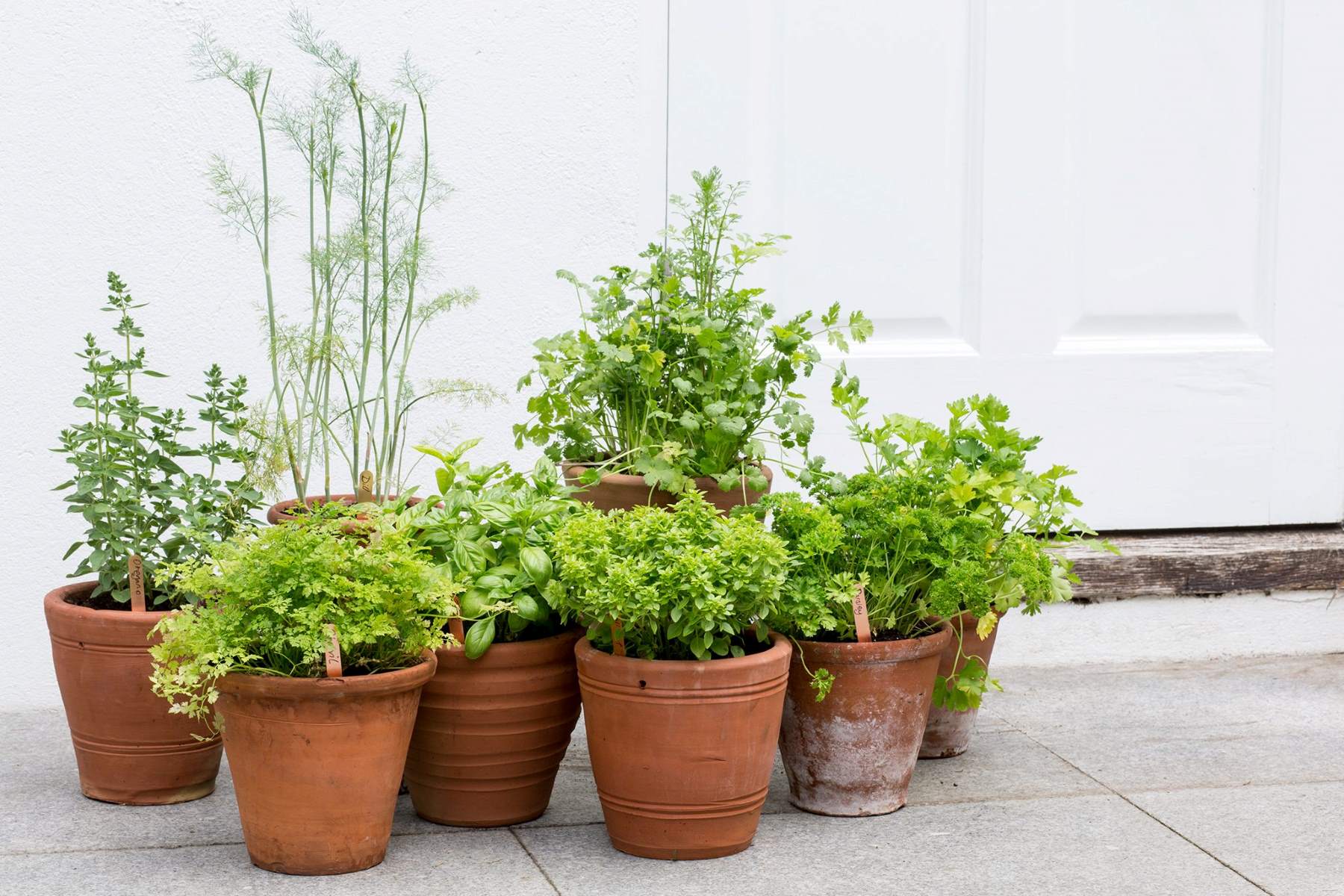

Ideas and Tips
How To Grow Your Own Herb Garden Year-Round
Published: November 3, 2024
Learn how to grow a thriving herb garden year-round with our expert tips on choosing the right herbs, preparing soil, and maintaining proper care.
(Many of the links in this article redirect to a specific reviewed product. Your purchase of these products through affiliate links helps to generate commission for Storables.com, at no extra cost. Learn more)
Growing an herb garden year-round is totally doable with the right know-how and a bit of effort. Many folks think herbs can only thrive during certain seasons, but that's just not true. With some smart techniques and planning, you can enjoy fresh herbs all year long.
Understanding the Basics of Herb Gardening
Before diving into the nitty-gritty of year-round herb gardening, it's crucial to grasp the basics. Herbs are plants used mainly for their leaves, stems, roots, or flowers. They come in all shapes, sizes, and flavors, making them super versatile for any kitchen.
Read more: Setting Up A Year-Round Indoor Herb Garden
Choosing the Right Herbs
Not all herbs are created equal when it comes to growing year-round. Some are more resilient and easier to maintain than others. Here are some popular herbs that are well-suited for year-round gardening:
- Basil: A classic choice, basil is easy to grow and thrives in warmer climates.
- Mint: Known for its hardiness, mint can grow in various conditions.
- Rosemary: Often used in Mediterranean cooking, rosemary can tolerate cooler temperatures.
- Thyme: Another Mediterranean herb, thyme can handle cooler weather.
- Chives: Easy to grow and require minimal maintenance.
- Parsley: Slow-growing but can be harvested continuously.
- Cilantro: Fast-growing with a short lifespan, ideal for continuous sowing.
- Dill: Another fast-growing herb that can be harvested frequently.
Preparing Your Herb Garden
To ensure your herb garden thrives year-round, you need to prepare it properly. Here are some steps you should take:
1. Choose the Right Location
Herbs generally prefer well-drained soil and full sun to partial shade. If you live in an area with extreme weather, consider using containers or indoor pots to protect your plants.
2. Select the Right Containers
If you're using containers, make sure they have good drainage holes to prevent waterlogged soil. The size of the container will depend on the type of herbs you're growing; larger containers are better for larger plants like rosemary and thyme.
3. Use High-Quality Soil
Herbs need well-draining soil rich in nutrients. You can buy potting mix specifically designed for herbs or create your own by mixing compost with perlite or vermiculite.
4. Provide Adequate Watering
Herbs need consistent moisture but shouldn't be waterlogged. Check the soil daily and water only when it feels dry to the touch.
5. Maintain Proper Temperature
Different herbs have different temperature needs:
- Warm Weather Herbs (Basil, Mint): Thrive in temperatures between 65°F (18°C) and 85°F (29°C).
- Cool Weather Herbs (Rosemary, Thyme): Prefer temperatures between 40°F (4°C) and 65°F (18°C).
- Indoor Herbs: Most herbs can be grown indoors with temperatures ranging from 60°F (15°C) to 70°F (21°C).
Techniques for Year-Round Growth
Now that we've covered the basics of preparing an herb garden, let's dive into specific techniques for maintaining it year-round:
1. Sowing Seeds Continuously
Many herbs have a short lifespan or go to seed quickly. To ensure continuous harvests:
- Sow Seeds Regularly: For fast-growing herbs like cilantro or dill, sow new seeds every week or two.
- Harvest Regularly: Regular harvesting encourages new growth and prevents plants from flowering.
2. Pruning and Trimming
Pruning is essential for maintaining healthy plants and promoting new growth:
- Pinch Off Flower Buds: Regularly pinch off flower buds to direct energy towards leaf production.
- Trim Back Leggy Stems: Trim back leggy stems to encourage bushy growth.
3. Using Greenhouses or Indoor Spaces
If you live in an area with harsh winters or extreme weather:
- Greenhouses: Consider using greenhouses which provide controlled environments ideal for year-round gardening.
- Indoor Pots: Place pots indoors where they can receive natural light through windows or use grow lights if necessary.
4. Overwintering Herbs
Some herbs can be overwintered outdoors while others need protection indoors:
- Hardy Herbs (Rosemary): These can be left outdoors during winter months but may need protection from frost.
- Tender Herbs (Basil): These should be brought indoors before frost sets in and placed in a sunny window or under grow lights.
Specific Tips for Popular Herbs
Here are some specific tips tailored to popular herbs:
Basil
Basil is one of the most popular herbs used in cooking but it's also one of the most challenging to grow year-round due to its sensitivity to cold temperatures:
- Start Seeds Indoors: Begin by starting basil seeds indoors about 6 weeks before the last frost date in your area.
- Transplant Outdoors: Once weather warms up, transplant them outdoors into containers or directly into the ground.
- Bring Inside Before Frost: Before frost sets in, bring potted basil plants indoors where they can continue growing under artificial light.
Mint
Mint is known for its hardiness but it can quickly take over your garden if not controlled:
- Grow in Containers: To prevent mint from spreading too much, grow it in containers that are at least 6 inches deep.
- Regular Pruning: Regularly prune mint plants to keep them bushy and prevent them from flowering.
Rosemary
Rosemary is another Mediterranean herb that can tolerate cooler temperatures but still needs protection during harsh winters:
- Plant in Well-Drained Soil: Rosemary prefers well-drained soil with good air circulation which helps prevent root rot.
- Protect from Frost: Before frost sets in, bring potted rosemary plants indoors where they can continue growing under artificial light.
Thyme
Thyme is another Mediterranean herb that can handle cooler temperatures but still needs some protection during harsh winters:
- Plant in Well-Drained Soil: Like rosemary, thyme prefers well-drained soil with good air circulation which helps prevent root rot.
- Protect from Frost: Before frost sets in, bring potted thyme plants indoors where they can continue growing under artificial light.
Common Challenges and Solutions
Despite proper care and planning, there are several common challenges you might face when growing an herb garden year-round:
Pests
Pests such as aphids, whiteflies, and spider mites can infest your herb garden at any time of the year:
- Use Organic Pest Control Methods: Instead of using chemical pesticides which can harm beneficial insects, use organic methods such as neem oil or insecticidal soap.
Diseases
Diseases such as root rot or leaf spot can affect your herbs if they're not properly cared for:
- Monitor Soil Moisture Levels: Regularly check soil moisture levels to prevent overwatering which leads to root rot.
- Provide Good Air Circulation: Ensure good air circulation around plants by spacing them appropriately which helps prevent fungal diseases like leaf spot.
Lack of Light
Many herbs require sufficient light to photosynthesize properly:
- Use Grow Lights: If you're growing indoors without access to natural light through windows or skylights use grow lights specifically designed for indoor gardening.
Conclusion
Growing an herb garden year-round requires careful planning but it's definitely possible with the right techniques and tools. By choosing the right herbs for your climate zone selecting appropriate containers preparing well-drained soil maintaining proper watering temperature pruning continuously sowing seeds regularly using greenhouses or indoor spaces overwintering hardy herbs addressing common challenges such as pests diseases lack light you'll be able enjoy fresh flavorful herbs throughout every season Whether you're seasoned gardener just starting out there’s something rewarding about harvesting fresh herbs right from own backyard kitchen counter – so why wait start planning today create lush productive thriving year-round herb garden
Was this page helpful?
At Storables.com, we guarantee accurate and reliable information. Our content, validated by Expert Board Contributors, is crafted following stringent Editorial Policies. We're committed to providing you with well-researched, expert-backed insights for all your informational needs.
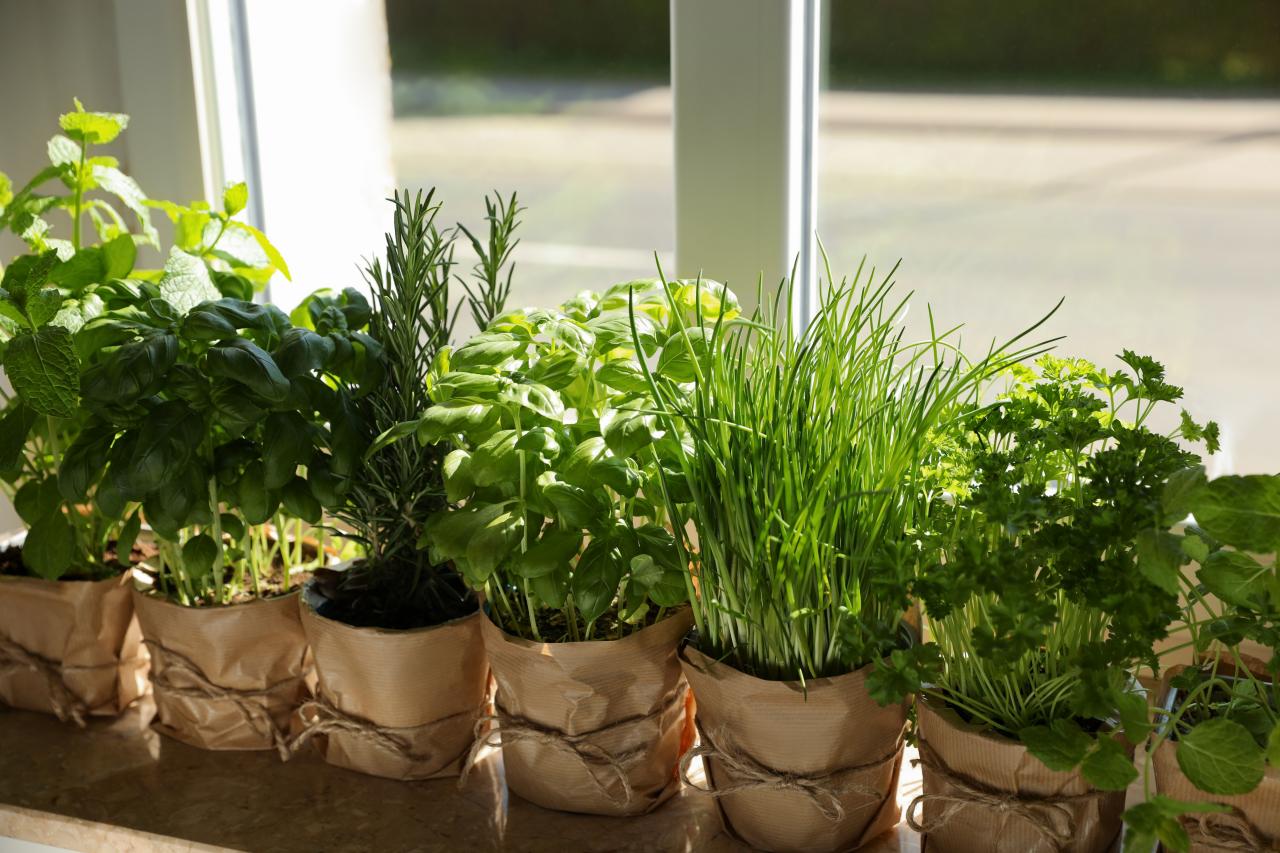
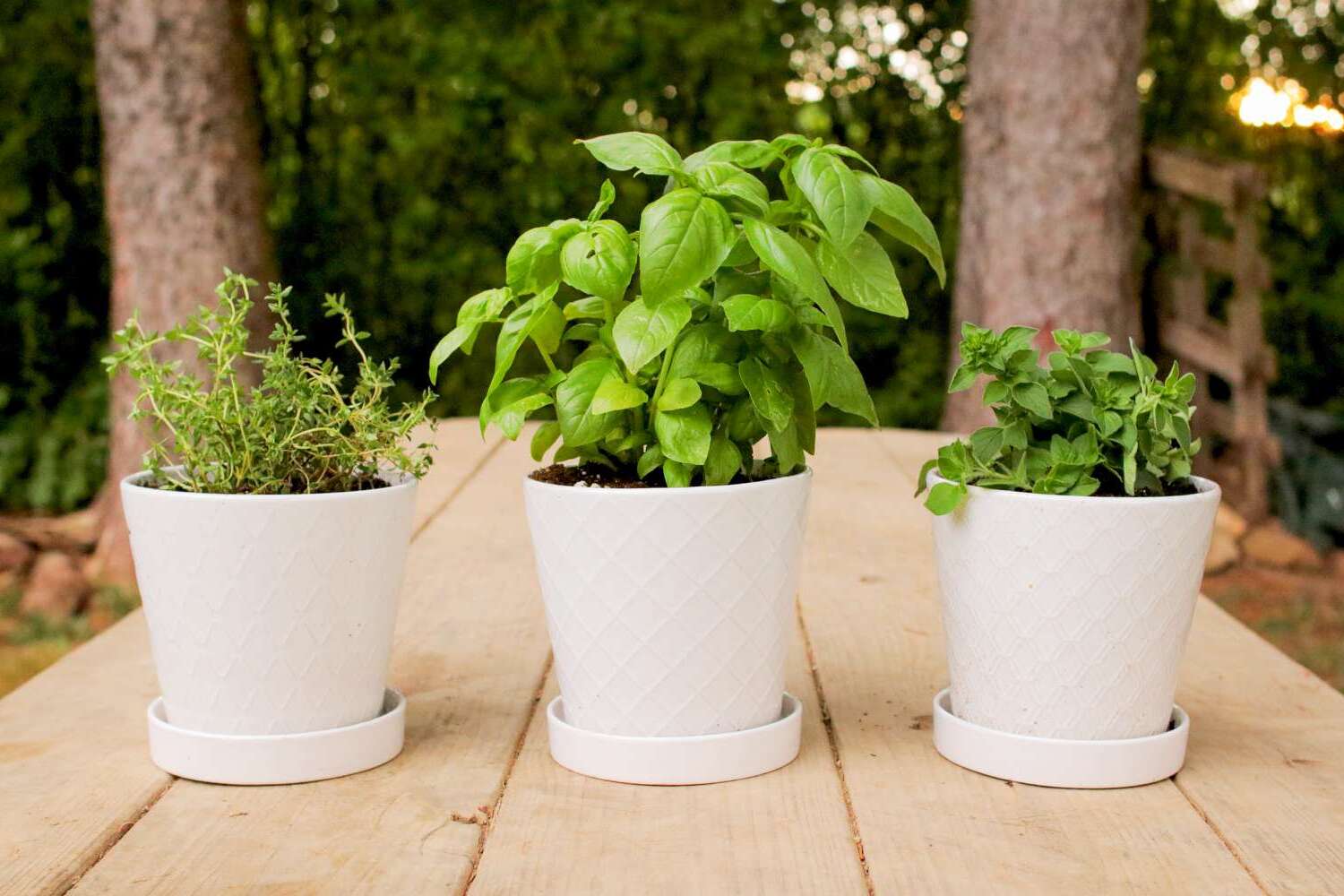
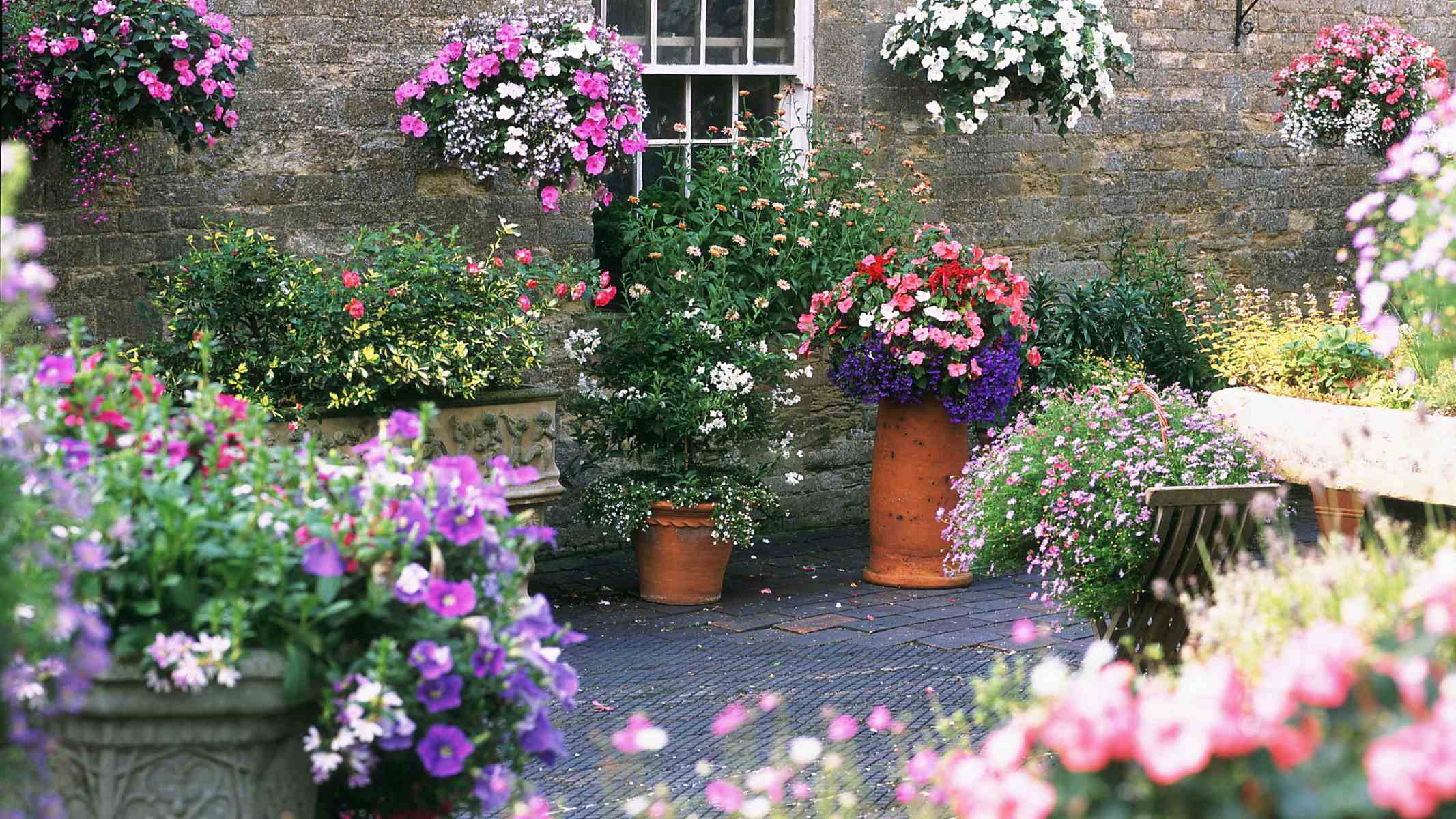
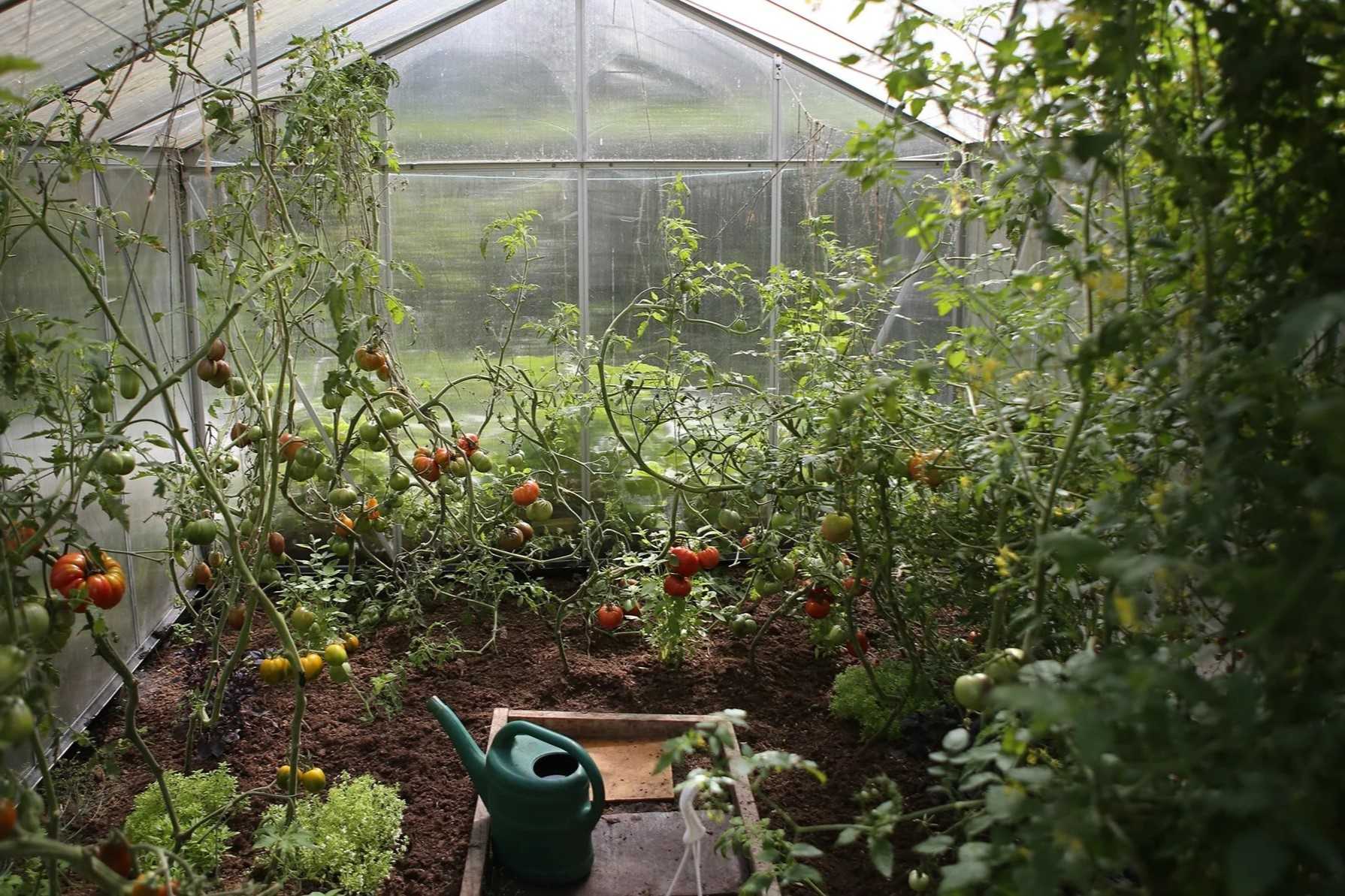

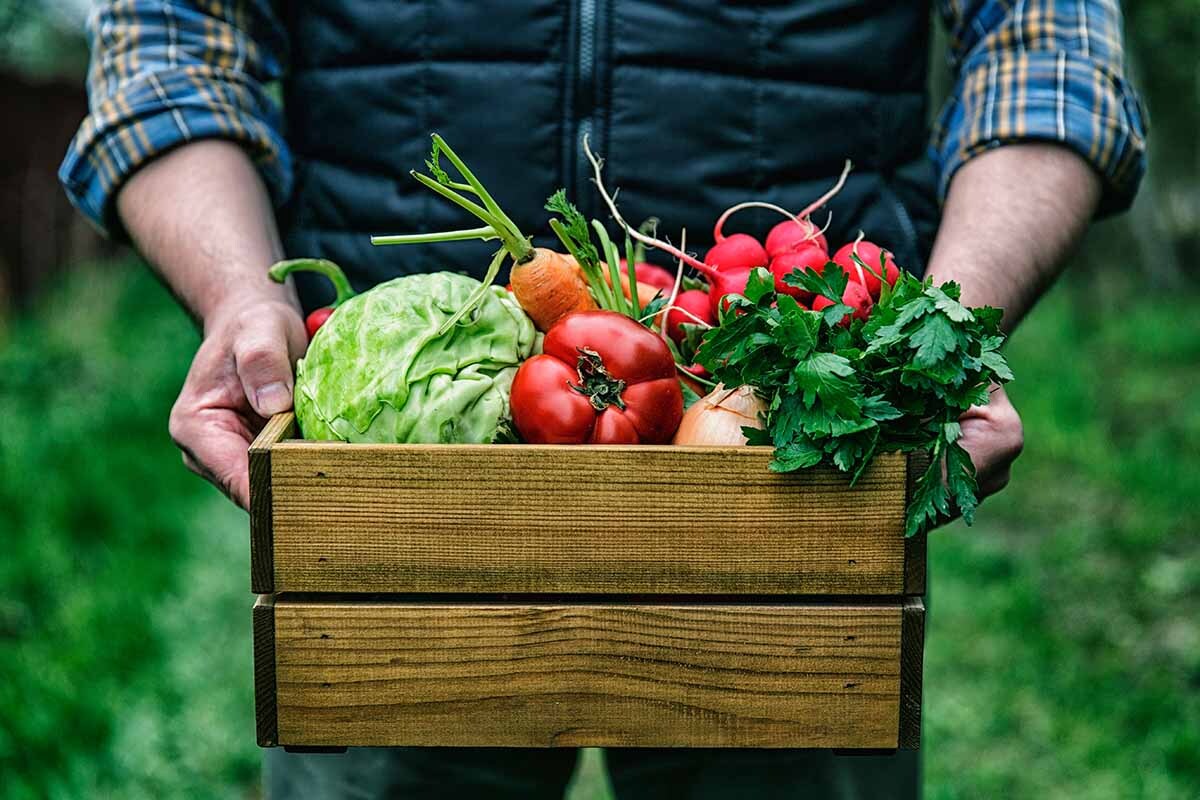
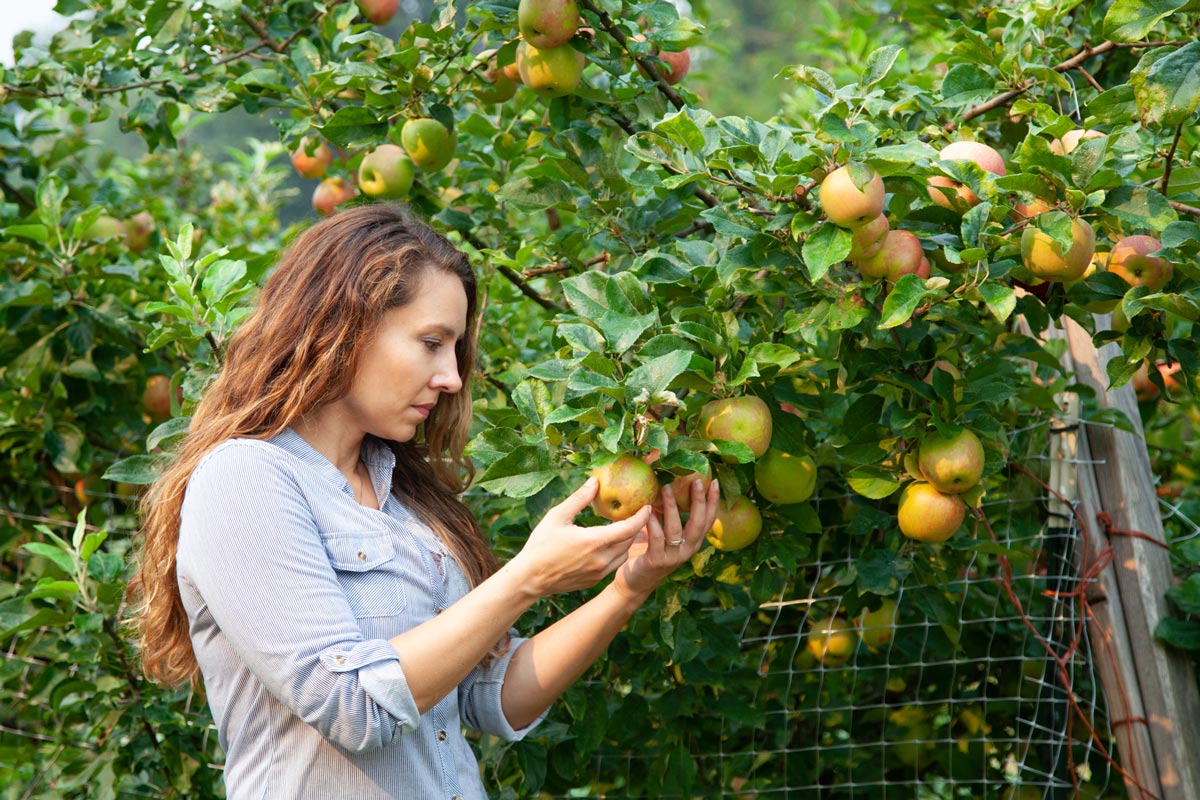
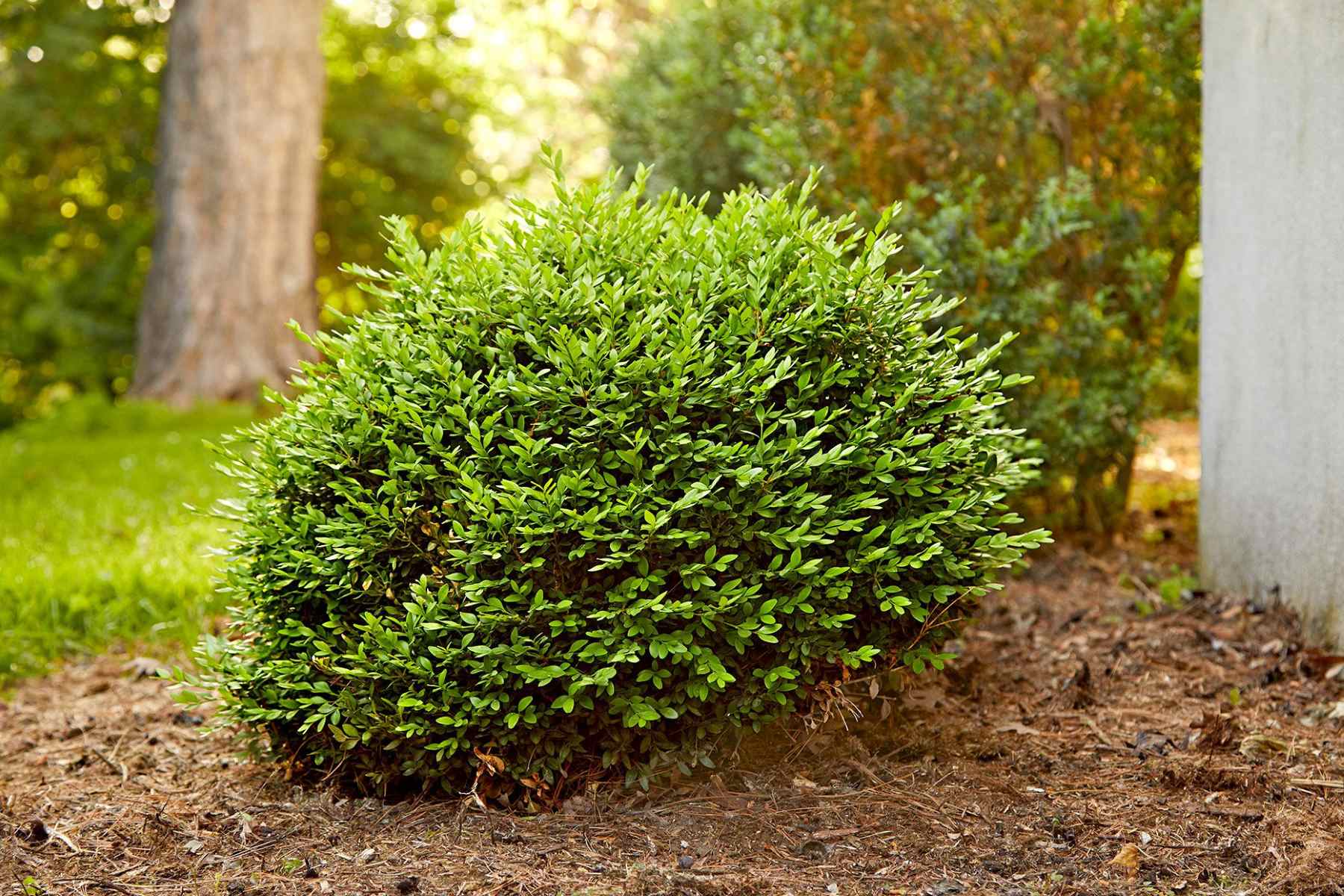
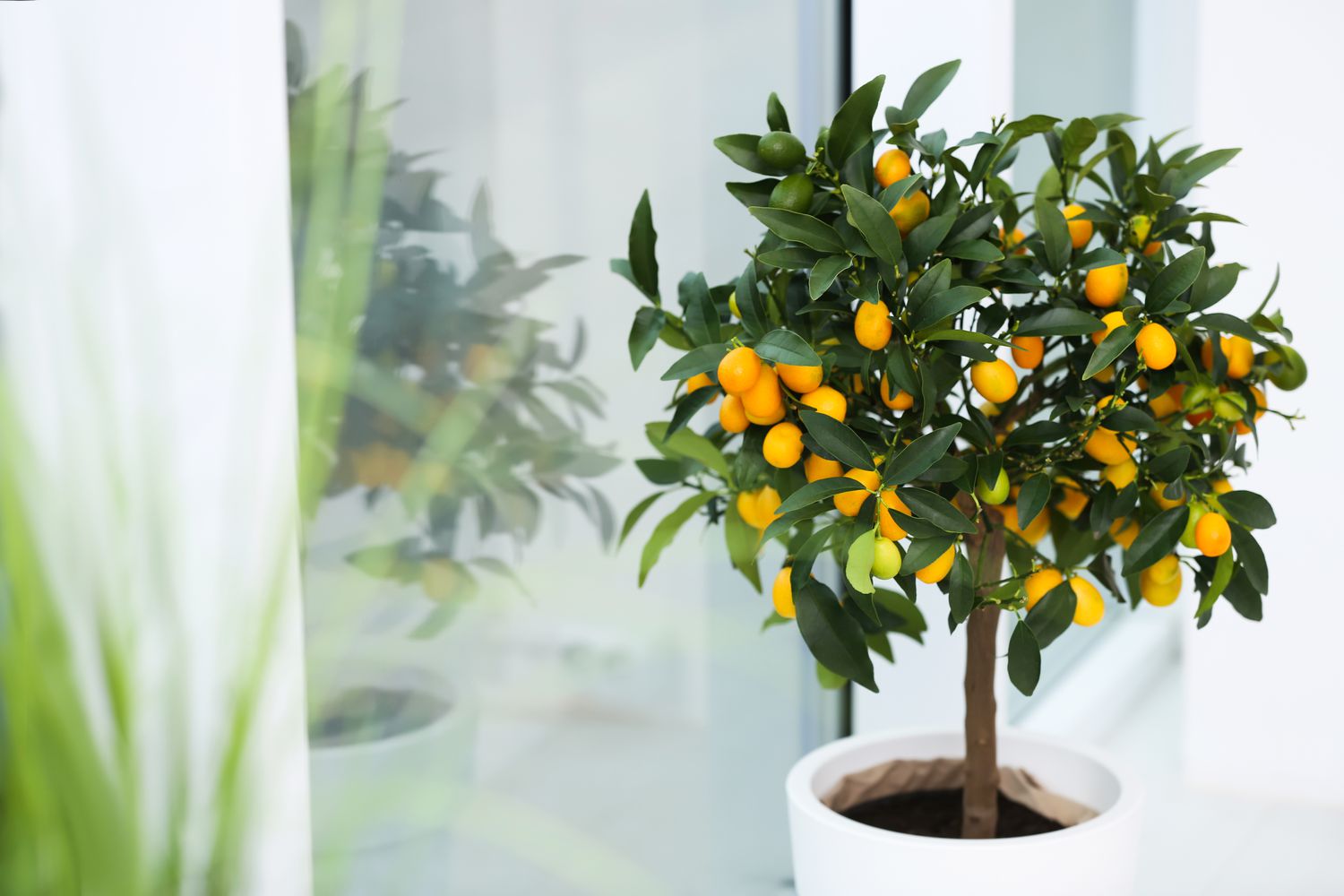
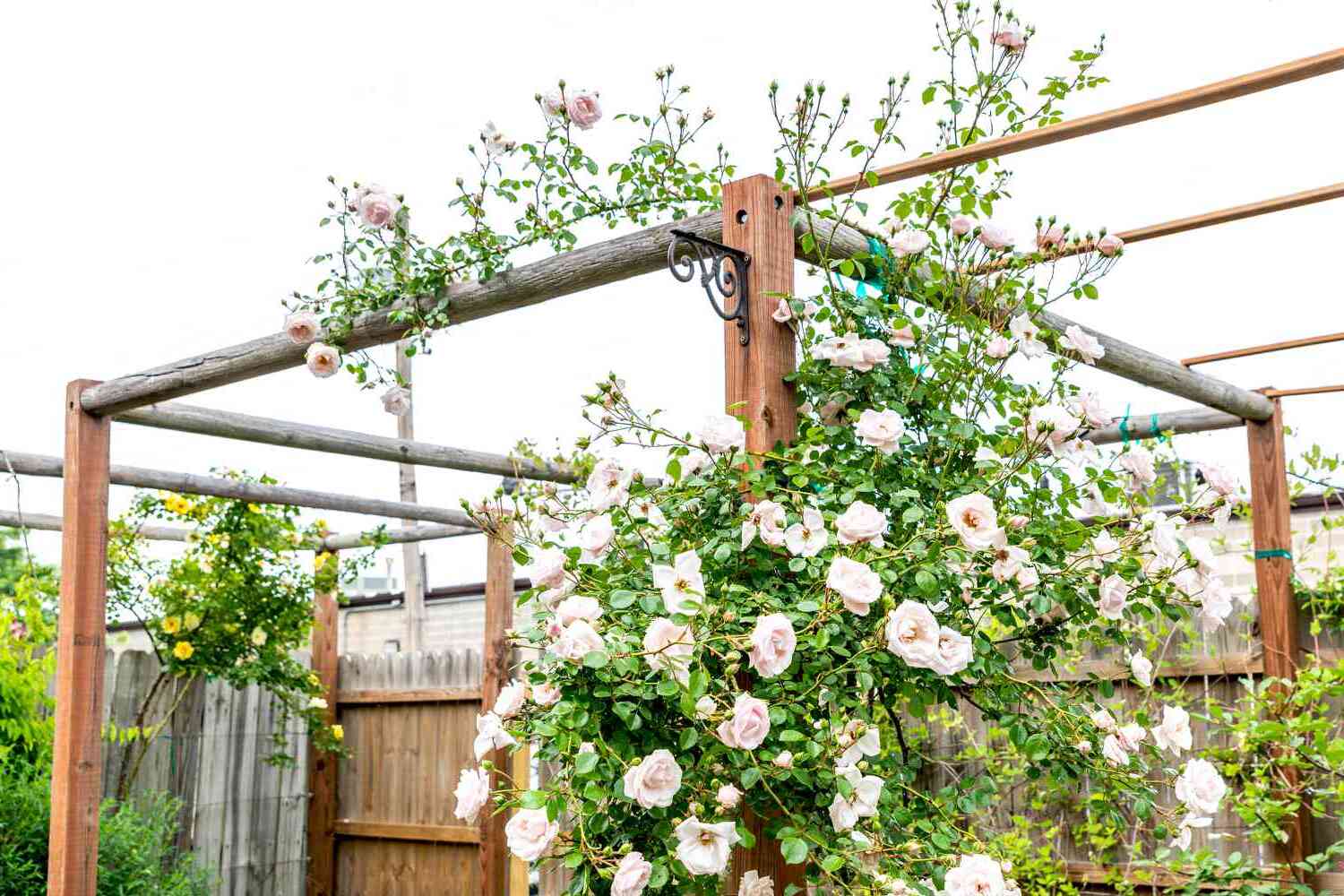
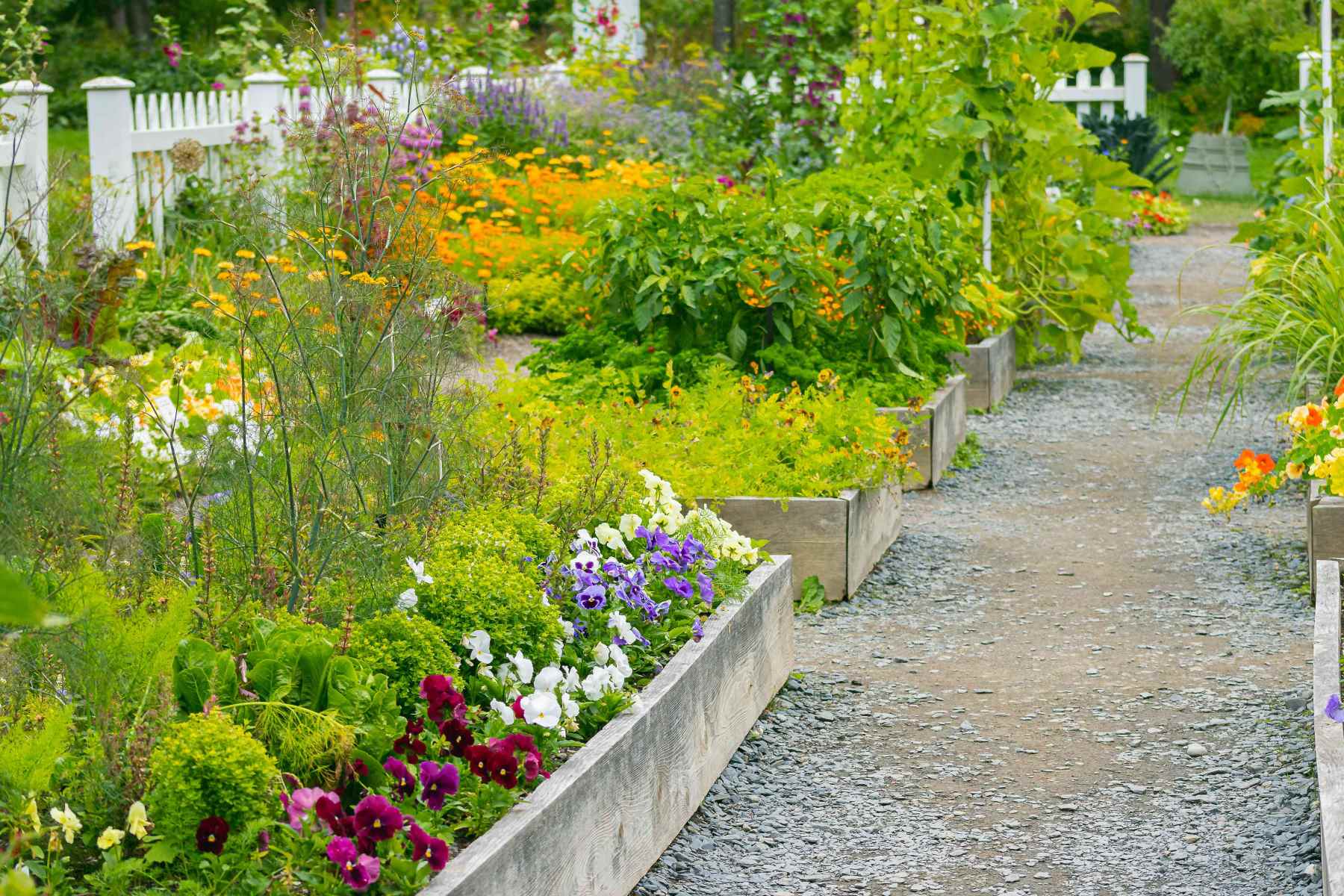
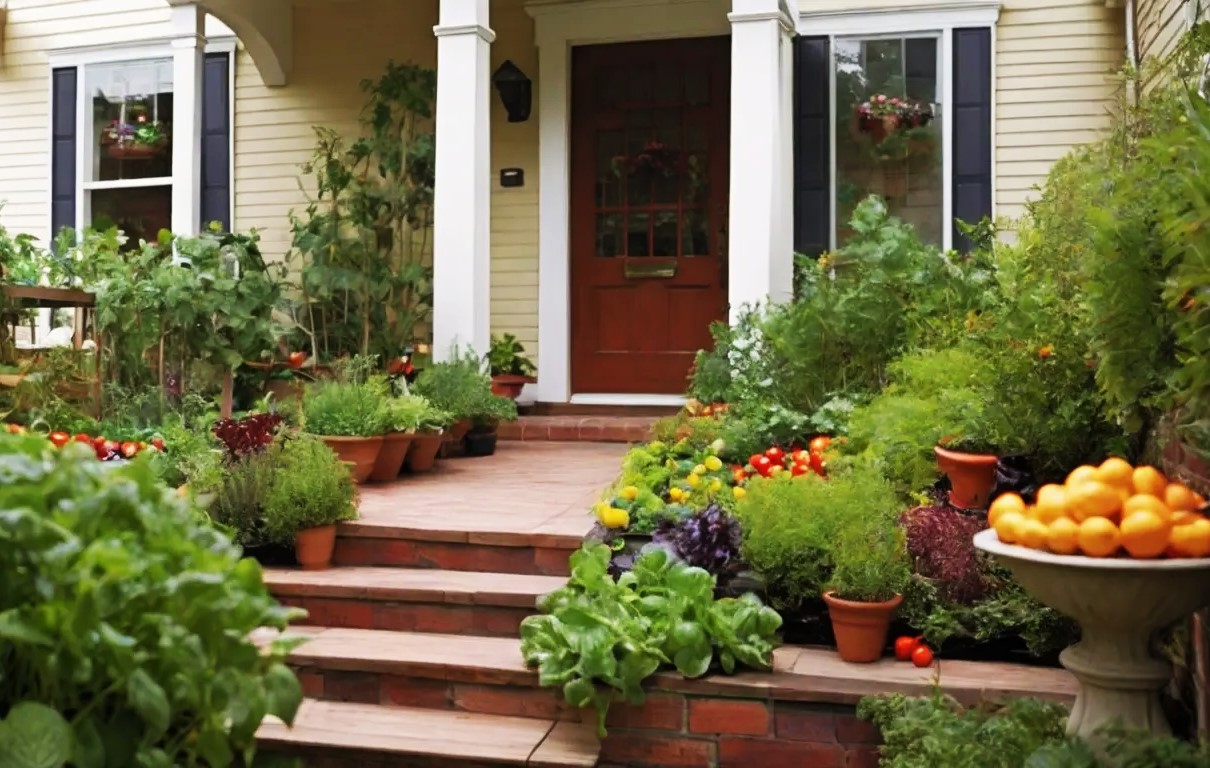
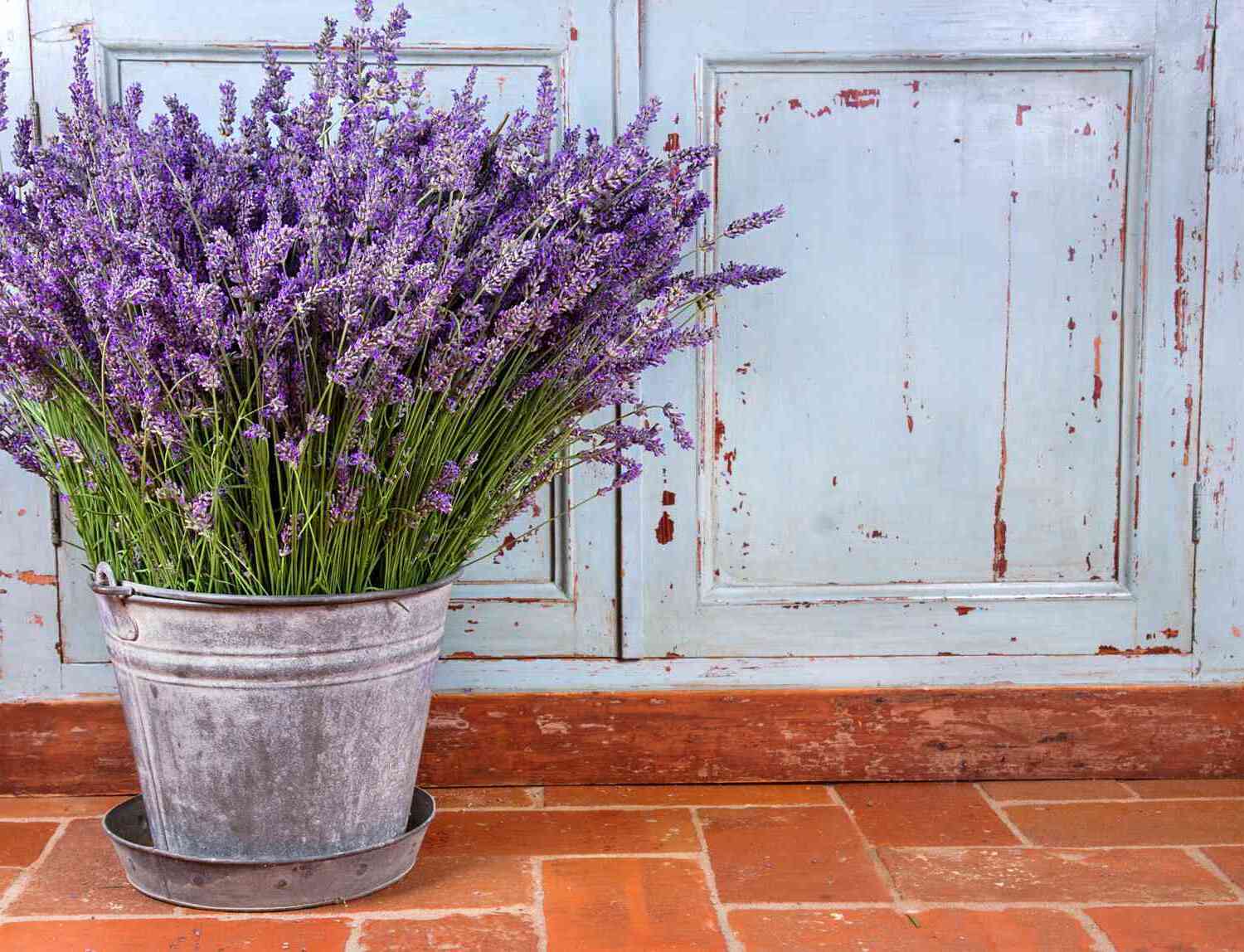
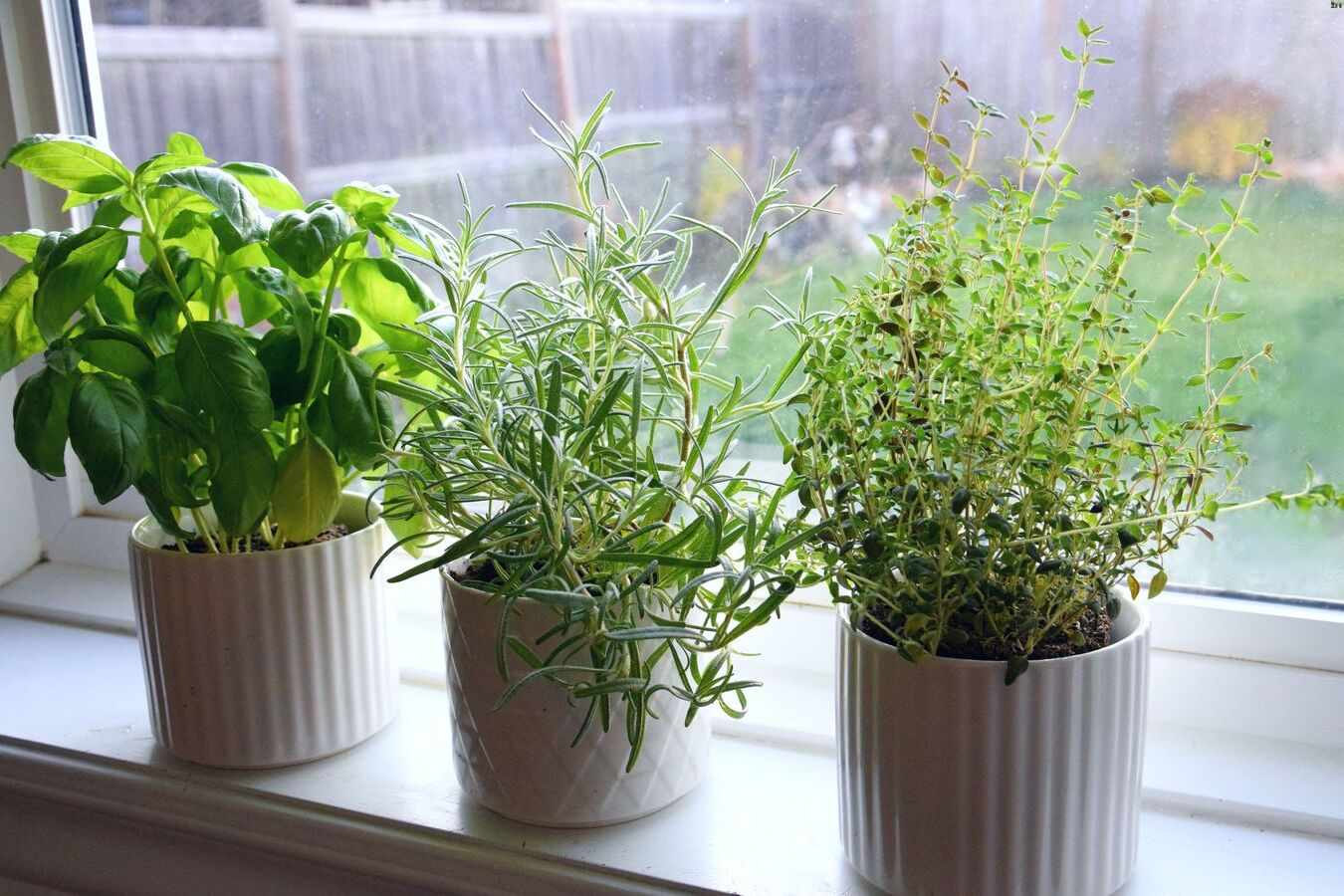

0 thoughts on “How To Grow Your Own Herb Garden Year-Round”